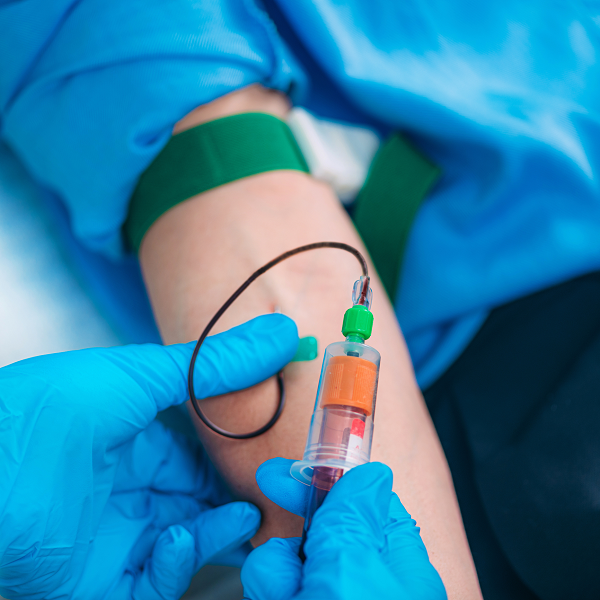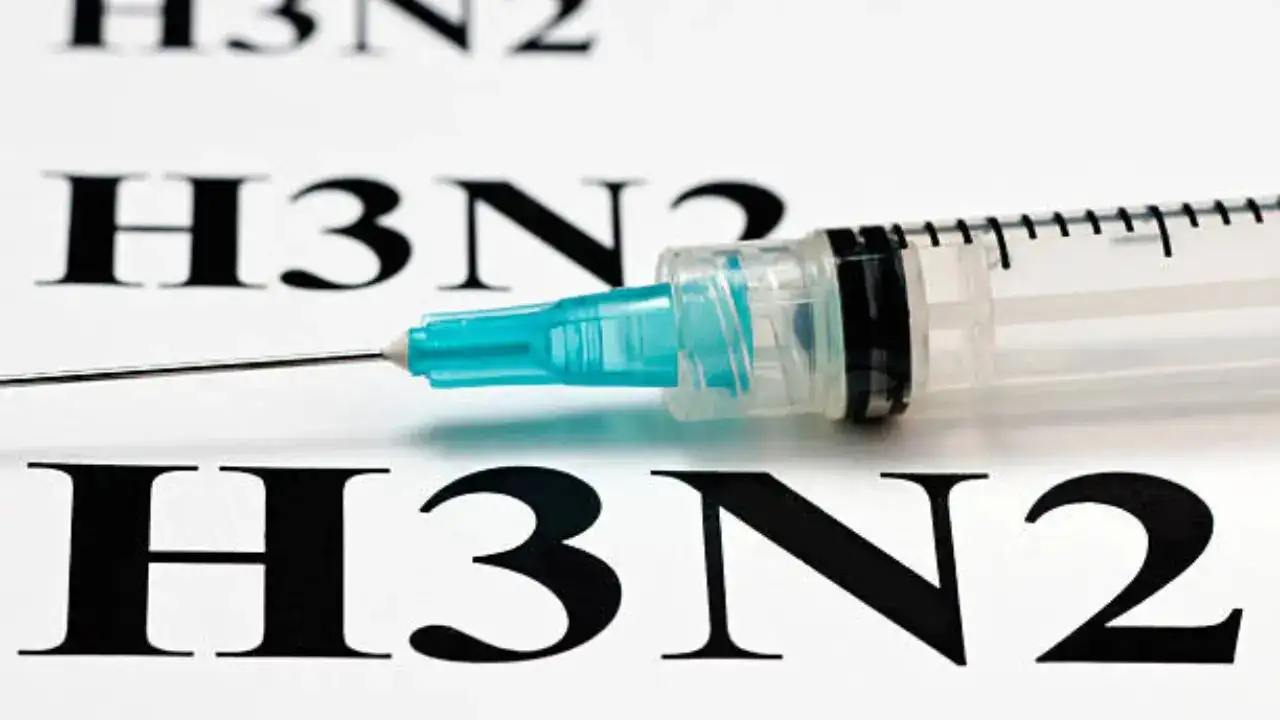Exploring Phlebotomy: Understanding the Practice and Its Medical Significance
Phlebotomy, often referred to as the “art of drawing blood,” is a vital medical practice that involves the skilled extraction of blood from patients for various purposes. This procedure plays a crucial role in diagnostics, medical research, and patient care. In this article, we’ll delve into the world of phlebotomy, exploring its significance, process, and the individuals who perform it.

Importance of Phlebotomy in Healthcare
Phlebotomy is the linchpin that connects patients, healthcare providers, and accurate medical diagnoses. The blood samples collected through phlebotomy serve as a treasure trove of information for healthcare professionals. By analyzing these samples, doctors can identify diseases, monitor treatment progress, and gain insights into a patient’s overall health. Without phlebotomy, diagnosing illnesses and developing effective treatment plans would be significantly more challenging.
The Phlebotomy Process: A Delicate Art
Phlebotomy is not just about inserting a needle into a vein; it’s a delicate and precise process that requires expertise and finesse. The journey begins with the phlebotomist interacting with the patient, ensuring their comfort, and obtaining informed consent. Selecting the right vein is a crucial step, as different veins vary in size and accessibility. Skilled phlebotomists assess the patient’s veins and choose the optimal site for blood collection. The actual blood drawing process involves the use of sterile equipment, careful needle insertion, and monitoring the flow of blood.
Why Choose a Career in Phlebotomy?
Becoming a phlebotomist requires more than just technical skill; it demands compassion, communication abilities, and an unwavering commitment to patient well-being. Phlebotomists play a pivotal role in easing patients’ fears, particularly those who may be apprehensive about needles. A successful phlebotomist is not only skilled in the physical act of drawing blood but also possesses the emotional intelligence to provide comfort and reassurance during the procedure.
Training and Certification: Nurturing Skill and Expertise
To become a proficient phlebotomist, individuals undergo specialized training programs that cover various aspects of the practice. These programs provide a comprehensive understanding of anatomy, medical terminology, infection control, and blood collection techniques. Moreover, hands-on training equips aspiring phlebotomists with the practical skills necessary for a successful career. Certification is often required by healthcare facilities, as it validates a phlebotomist’s proficiency and adherence to industry standards.
Safety First: Hygiene and Infection Control
Given the invasive nature of phlebotomy, maintaining the highest levels of hygiene and infection control is paramount. Phlebotomists follow strict protocols to ensure both their safety and that of the patients. Sterile equipment, proper hand hygiene, and the correct disposal of used materials are integral to preventing the transmission of infections. This dedication to safety underscores the professionalism and responsibility of phlebotomists in safeguarding the well-being of everyone involved.
Advancing Healthcare Through Research
Phlebotomy extends its influence beyond the realm of diagnostics and patient care. Blood samples collected during phlebotomy sessions become invaluable resources for medical research. These samples aid in developing new treatments, understanding disease mechanisms, and exploring genetic factors that contribute to various conditions. Phlebotomists contribute directly to scientific breakthroughs by meticulously collecting and preserving these samples, thereby playing a role in shaping the future of medicine.
Frequently Asked Questions About Phlebotomy
Q: What exactly is phlebotomy?
A: Phlebotomy is the medical procedure of drawing blood from patients for various purposes, including diagnostics and medical research.
Q: Who performs phlebotomy procedures?
A: Trained professionals known as phlebotomists are responsible for performing phlebotomy procedures.
Q: What is the primary purpose of phlebotomy?
A: Phlebotomy is primarily done to collect blood samples that are used for diagnostic testing, monitoring health conditions, and medical research.
Q: How is blood drawn during a phlebotomy procedure?
A: A phlebotomist uses a sterile needle to puncture a vein, allowing blood to be collected into a sample tube.
Q: Is phlebotomy a painful procedure?
A: The procedure involves a quick needle prick, which may cause minor discomfort. Skilled phlebotomists aim to minimize any pain or discomfort.
Q: What are the safety measures taken during phlebotomy?
A: Phlebotomists adhere to strict infection control protocols, including using sterile equipment, proper hand hygiene, and safe disposal of materials.
Q: Are there different types of phlebotomy techniques?
A: Yes, there are specialized techniques such as venipuncture, capillary puncture, and arterial puncture, each suited to specific purposes.
Q: How can patients prepare for a phlebotomy procedure?
A: Patients are advised to stay hydrated by drinking water before the procedure. Inform the phlebotomist about any allergies or medical conditions.
Q: What training is required to become a phlebotomist?
A: Phlebotomists undergo formal training programs that cover anatomy, blood collection techniques, and infection control. Certification is often required.
Q: How does phlebotomy contribute to medical research?
A: Phlebotomists collect blood samples that are essential for medical research, aiding in understanding diseases, developing treatments, and advancing healthcare.
Conclusion
In conclusion, phlebotomy is an art that bridges the gap between patients, healthcare providers, and medical knowledge. It’s a practice that combines precision, compassion, and expertise to extract information-rich blood samples that drive diagnoses, treatments, and scientific discoveries. Whether it’s easing a patient’s apprehensions or advancing medical research, the impact of phlebotomy is far-reaching and vital in the healthcare landscape.



